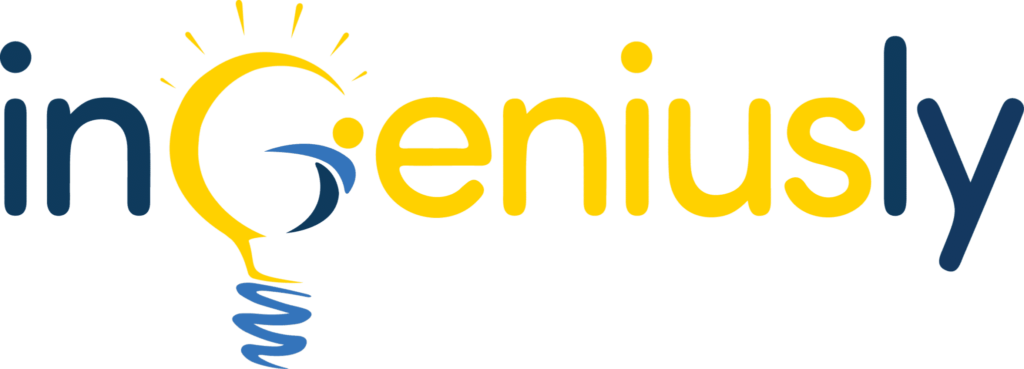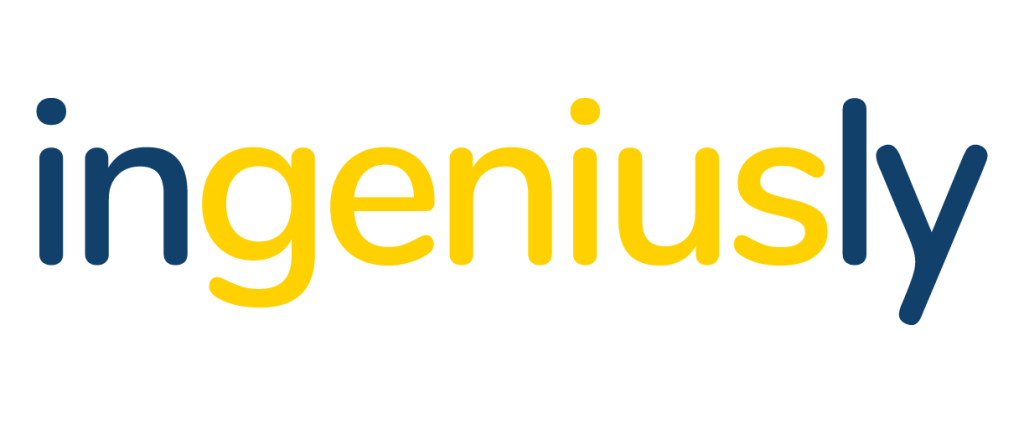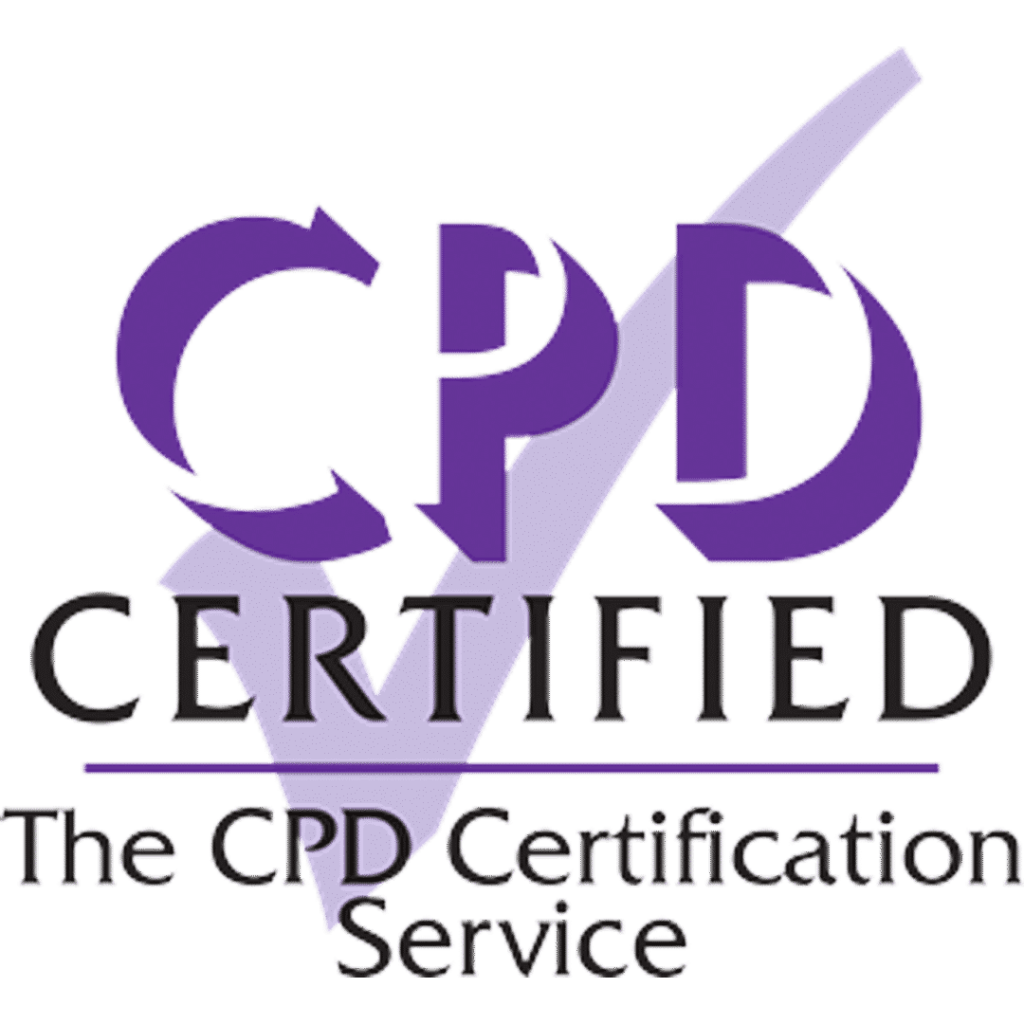(Re-)Studying a language: boring, frustrating… Can’t it just be fun?
For some people, being able to speak different languages is a dream; for others, a goal or a need; for students, it is normally a nightmare. This is one of the reasons why many students in the UK give up on learning languages by the time they are 14.
However, many people decide to take on a new language when they are a bit older, be it to convince their boss to give them more opportunities, to be able to read a cooking book in its original language, to impress their soulmate, to feel confident when they go on holiday or to be able to move to the country of their dreams.
The most natural thing when you decide to learn a foreign language is to start from one that you have already started studying. Even like this, though, you are faced with a massive endeavour. You need a dedicated approach, a method and a large amount of willpower and discipline.
If, remembering your school years, you start with the traditional “grammar-and-vocabulary method” you might find yourself quickly getting bored. This method is not very interactive nor practical, and does not offer a lot of opportunities to listen and participate in real conversations. Additionally, you might end up revising concepts, rules (and – of course – the dreaded exceptions) that you had already studied, piling repetitiveness on top of the monotony of the method.
On the other hand, you can opt for a more direct and “anti-grammatical” approach and start by listening to the news, watching movies and reading essays in the language you want to learn. Using this strategy, though, you will most probably find yourself overwhelmed and frustrated by the complexity of the task, and by the amount of knowledge that you are missing in order to understand the material at hand.
When you resume the study of a foreign language, there are some steps you should take in order to avoid boredom on the one hand and frustration on the other.
The first thing to do is to check your sense of self-efficacy: your belief in your ability to accomplish a specific task, in this case learning a language.
A low sense of self-efficacy will quickly have you feeling frustrated by the task in front of you, whereas a high sense of self-efficacy will help you see the challenges in front of you as stepping stones towards your goals, instead of a wall in front of them. Take care, though: when you are learning a language that you have previously studied, the risk is that your sense of self-efficacy becomes too high… Check out the video to discover how to find the right balance!
The second essential step is testing your current proficiency level. By knowing this information, you will not need to start from the very beginning: you might remember more than you thought or less than you expected. This way, you will be able to study material that motivates and captivates you, instead of boring you.
PS: here you can find an infographic regarding the numbers of students who learn two or more foreign languages in Europe.







